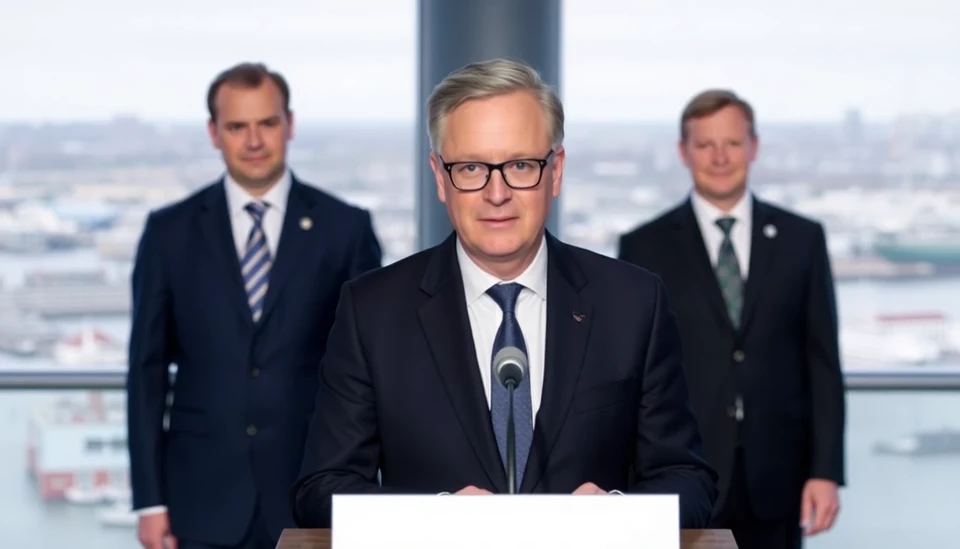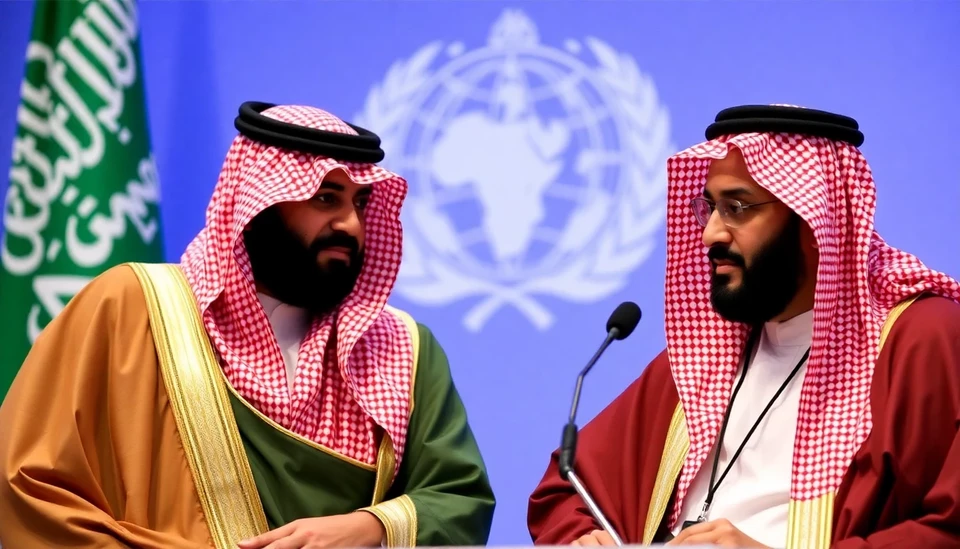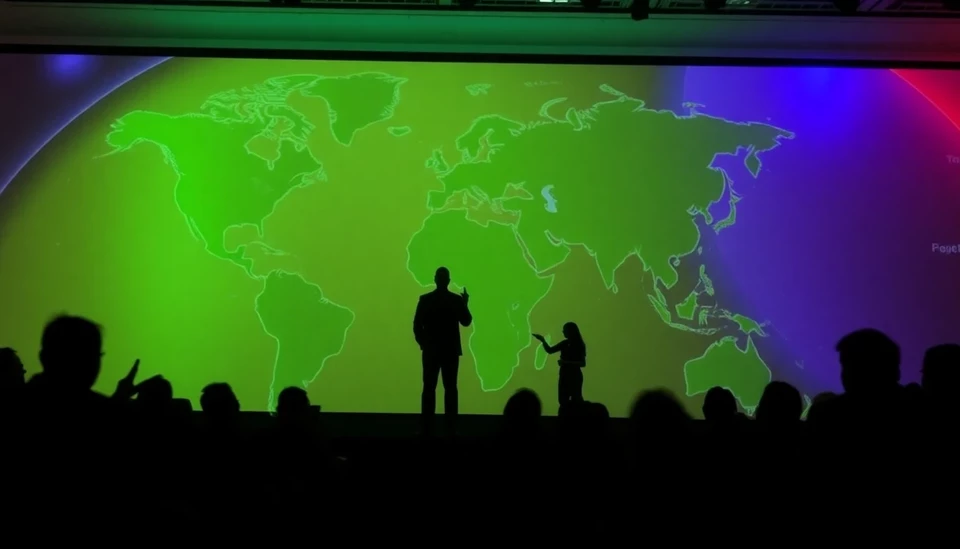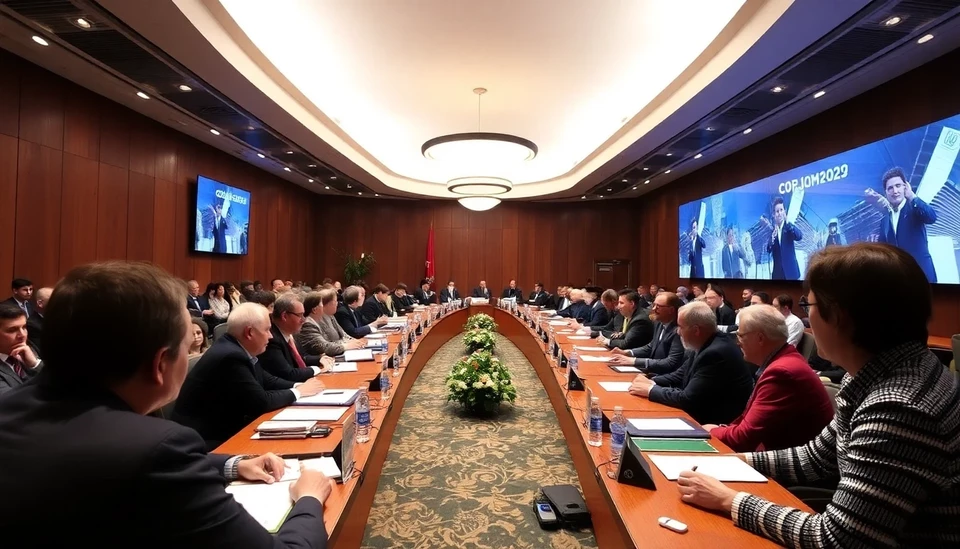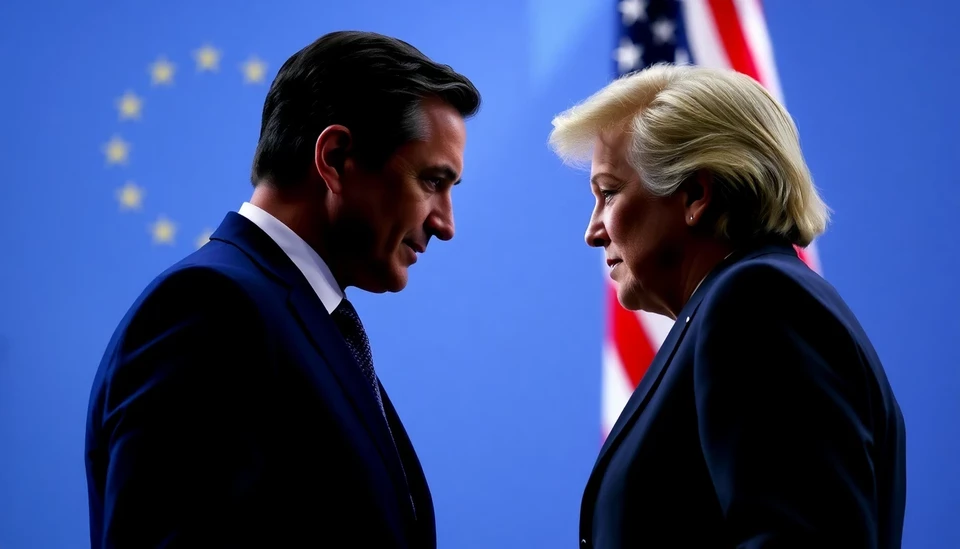
In a bold move aimed at breaking the current deadlock in climate negotiations, Europe and the United States have jointly announced a staggering $300 billion financial initiative. This significant proposal comes in the lead-up to the upcoming COP29 climate summit, where global leaders are expected to convene to address pressing environmental challenges. The aim is to revitalize discussions that have seen minimal progress, particularly on issues like climate finance, and to encourage greater commitment from other nations to tackle climate change.
This ambitious financial offer underscores the urgency of the situation, as participants get ready for what could be a pivotal moment in the global climate agenda. The funding is proposed to support both mitigation and adaptation efforts in developing countries, which are often the most affected by climate change but have the least resources to combat its impacts. The prospect of substantial financial backing aims to persuade reluctant nations to engage more actively in negotiations and agreement formations.
Sources close to the negotiations have indicated that the proposed financial package is not just a monetary offer but also reflects a strategic pivot towards building stronger partnerships and solidarity among nations in the face of climate challenges. By linking financial aid to specific climate actions, the U.S. and Europe hope to foster a more collaborative environment that encourages transparency and accountability.
As COP29 approaches, the stakes continue to rise, with the pressure mounting on all participating countries to deliver effective and actionable outcomes. Attendees will be keenly aware of their commitments made in previous summits, especially the Paris Agreement, which aims to limit global warming to below 2 degrees Celsius. However, the path forward has not been smooth, with many nations struggling to meet their previous commitments due to economic constraints and political challenges.
Defining the role of finance in climate negotiations has been one of the most contentious issues, as developing countries argue for higher commitments from wealthier nations towards climate funding. The European Union and the U.S. monetary proposal appears designed to address these concerns while simultaneously building a framework for future collaboration in sustainability practices.
In response to this initiative, environmental advocates have expressed cautious optimism, highlighting the need for substantial commitments and follow-through. They stress that funding must also be coupled with strong regulatory frameworks to ensure that the money results in viable solutions for climate-induced problems.
The upcoming COP29 conference represents a crucial opportunity for the global community to come together and reaffirm commitments towards drastic climate action. The success of Europe and the U.S.'s $300 billion proposal may set a precedent for future negotiations and reflect a renewed sense of urgency across the globe regarding climate change.
As anticipation builds for the conference, world leaders will need to consider how best to utilize this funding and discuss the broader implications for environmental policy worldwide. The spotlight is firmly on COP29 for delivering concrete results that can help shift the trajectory of global climate action for years to come.
Industry experts and political analysts will be watching closely to see whether this initiative will catalyze renewed enthusiasm for collaboration among nations, or whether it will fall short in the face of political and economic hurdles that have often plagued international climate agreements.
In conclusion, the $300 billion pledge from Europe and the U.S. to tackle climate negotiations may be a turning point in the fight against climate change. As preparations for COP29 intensify, there is a significant call for transparency and commitment to the outlined goals, aiming to ensure that this monetary support generates tangible climate solutions globally.
#COP29 #ClimateChange #ClimateFinance #USeuropeCollaboration #GlobalWarming #GreenInitiative #Sustainability #EnvironmentalPolicy #ClimateAction
Author: Sophie Bennett
